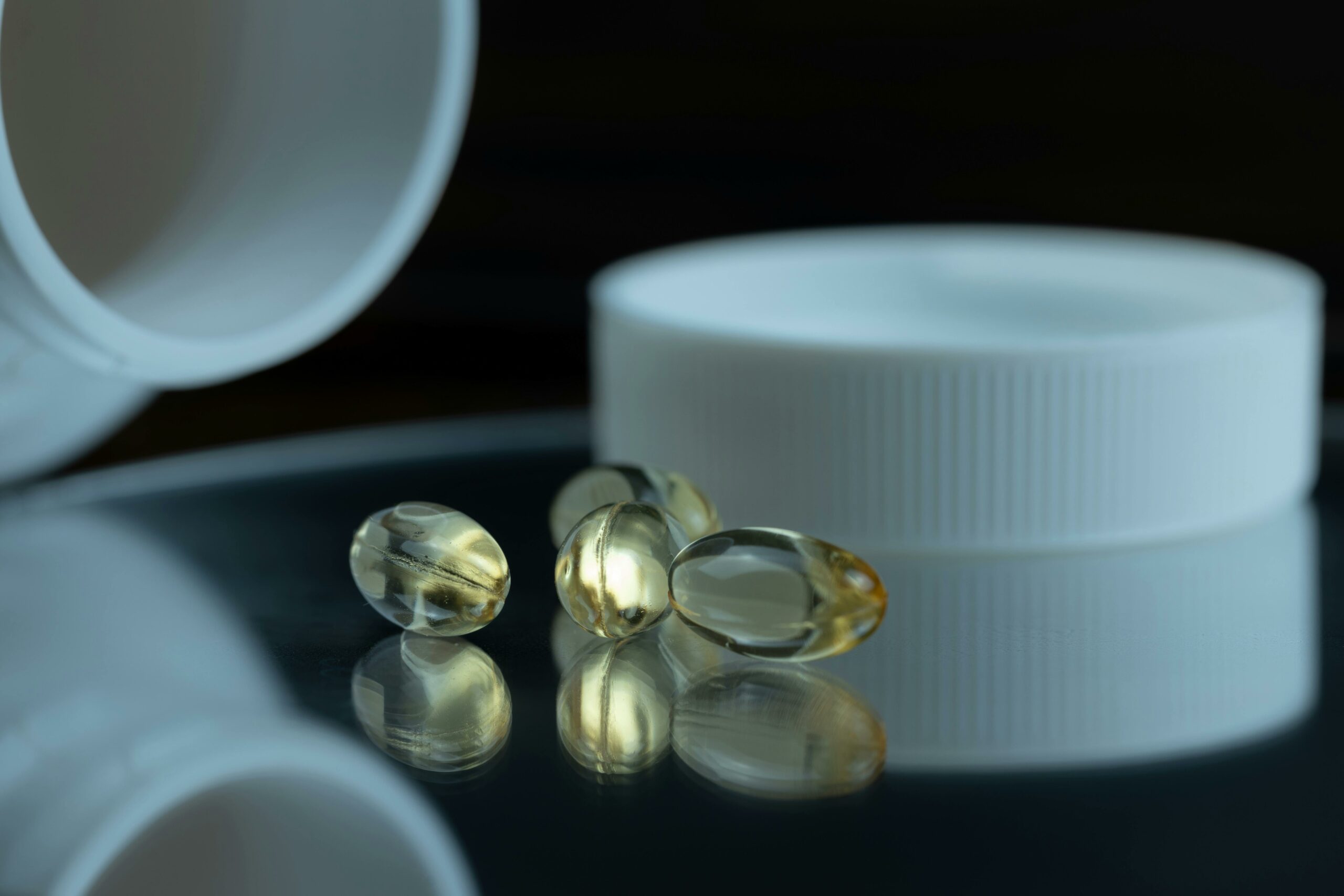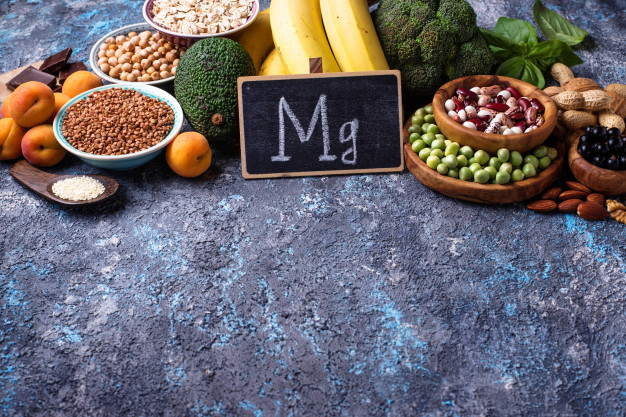You will not overdose on vitamin D from the sun — it just will not happen. The sun regulates not only the cholecalciferol (vitamin D) formed from cholesterol in your skin; but it also regulates everything else: your vitamin A, B, C, E, K, Magnesium, Calcium, Potassium and other minerals and trace minerals. The sun is not just doing one thing — it’s doing and providing many things.
It is dangerous to be taking high doses of vitamin D3 supplements isolated without a complete supplement profile. Even taking D3/K2 -mk7 is still not good enough. Too much vitamin D3 will automatically lower your vitamin A level. Look up symptoms for a vitamin A deficiency. Furthermore, when vitamin A becomes deficient because of the over-using of vitamin D3, then the stored mineral copper becomes depleted/dysregulated in the liver. Copper is the spark plug of the body. Even some auto-engine spark plugs are made with copper. Even vitamin C is made up partially with an enzymatic copper-carrier, called tyrosinase. Vitamin C, which is most abundant in the adrenal glands, will not work without copper. Thus you have thyroid and hormonal dysfunctionality thinking that it’s an iodine deficiency, when really it’s a copper deficiency, traced back to taking too much supplementation D3. Many women are taking HRT or bio-identical hormones, when all they really need is 2 mg of copper daily.
Taking cod liver oil — which contains both vitamin A and D — will prevent this cascade somewhat because of the retinol (vitamin A) content of cod-liver oil. However, cod liver oil has its own problems, and retinol in supplement form is a poison toxin, that should only be taken for a short period of time, if at all.
Vitamin D is indeed good and necessary for many biological functions — such as helping to regulate the immune system and keeping white blood cells healthy and active. Low vitamin D levels are associated with inflammation and bone pain. I personally supplement with lichens or mushrooms to achieve a healthy vitamin D status. And of course, I try to get as much sunlight as possible and as needed. These are all natural ways to increase vitamin D levels in the body gently, and without trauma.
Some health professionals are saying that the only toxic effect of too much supplement vitamin D is that of raising calcium levels in the blood, leading to a condition known as hypercalcemia! (This also increases the risk of developing kidney stones.) Wait! But there are other issues. The process of turning cholecalciferol into hormone D — a.k.a. vitamin D — is a complicated process, that requires a lot of energy. That energy is spelled: m.a.g.n.e.s.i.u.m. That means a lot of magnesium is being sacrificed to accommodate the complex process of making active vitamin D that is useful to the body. That burning up of magnesium causes calcium to proliferate, since magnesium is needed to regulate calcium.
That complicated process involves turning cholecalciferol (“vitamin D”) into calcidiol by the liver, which is then turned into an active hormone D form, calcitriol, primarily by the kidneys, which then binds to what is called the vitamin D receptor (VDR), which binds to what is known as the retinoid X receptor (RXR), which then binds to vitamin A (retinol). Vitamin D is not really active and is essentially useless without vitamin A.
As previously mentioned, too much vitamin D supplementing reduces retinol (vitamin A) in the liver. Retinol is needed to activate ceruloplasmin — the protein that transports bio-available copper. If retinol is reduced, then bio-available copper is reduced. If copper is reduced, then unbound iron builds up in the blood, since copper controls/regulates iron. If unbound iron builds up, then there is inflammation and rusting of the organs, especially the liver, spleen, stomach, heart and even brain. Don’t believe me?
I ask that anyone who has been taking high doses of vitamin D3 10,000 IU (even with K2-mk7) or more, get a ferritin test. If the test shows over 100, you have a problem. If it shows over 300, you have a serious problem: way too much unbound iron wreaking havoc and causing inflammation, and even autoimmune diseases: the birth of autoimmune diseases!

